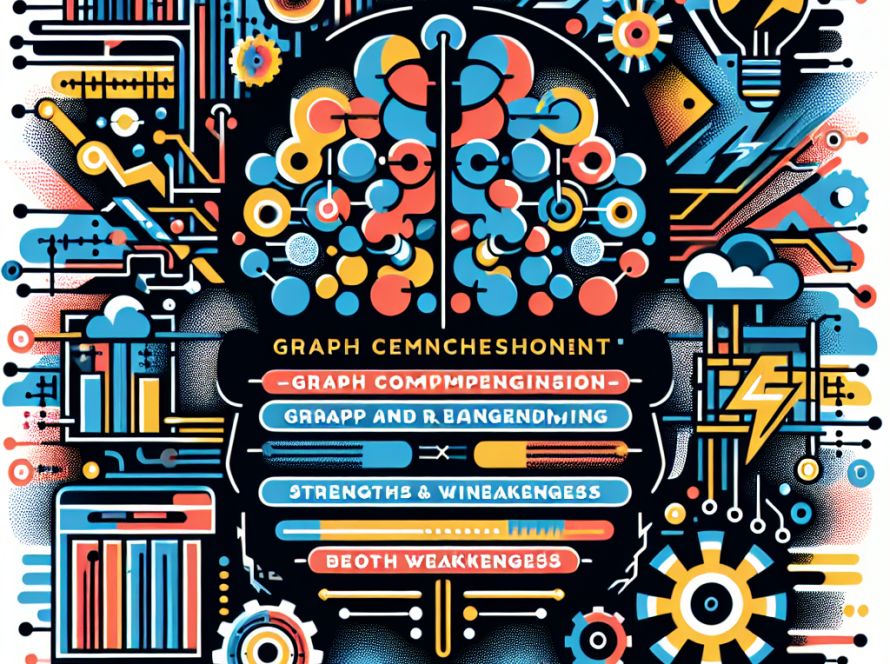Gene editing, a vital aspect of modern biotechnology, allows scientists to precisely manipulate genetic material, which has potential applications in fields such as medicine and agriculture. The complexity of gene editing creates challenges in its design and execution process, necessitating deep scientific knowledge and careful planning to avoid adverse consequences. Existing gene editing research has employed technologies like CRISPR-Cas9 for its precision and versatility. Tools like ChemCrow and Coscientist have implemented Large Language Models (LLMs) with gene editing techniques, offering automated experimentation and increasing the efficiency and reliability of genetic research.
In particular, the CRISPR-GPT platform, developed by researchers from Stanford University, Princeton University, and Google DeepMind, combines CRISPR technology with the advanced LLM, GPT-4. CRISPR-GPT automates gene-editing experiments and aids in precise genomic modifications. The unique feature of this technology lies in its fusion of domain-specific knowledge with LLMs’ computational efficiency, thereby simplifying the experimental design process.
In terms of methodology, CRISPR-GPT merges CRISPR technology with computational models built on GPT-4. This system employs a dataset containing CRISPR system efficiencies and guide RNA (gRNA) sequences, which are essential for optimising selection and design processes. The design of CRISPR-GPT comprises multiple modules that automate tasks involving CRISPR system selection, gRNA design, and method delivery recommendations. Each of these modules operates with LLMs that are fine-tuned with domain-specific biological data to better ensure accuracy and efficiency in gene-editing experiments.
In trials, CRISPR-GPT significantly improved gene-editing experiments. It increased the accuracy of target gene modifications by up to 30% when compared to traditional methods, achieved a specificity rate of over 95%, and considerably reduced off-target effects. Furthermore, the technology cut down the time needed to plan and design experiments by about 40%, thereby rendering the researchers’ workflow more efficient.
To summarise, the new paper introduces CRISPR-GPT, a platform that successfully incorporates CRISPR technologies with advanced LLMs. This tool helps to streamline complex design processes, significantly enhancing the accuracy and efficiency of gene-editing experiments and substantially reducing off-target effects. As a result, sophisticated genetic engineering becomes more reliable and accessible. CRISPR-GPT could potentially speed advancements in medical treatment development and research. The successful implementation of this platform represents a crucial step forward in the usage of artificial intelligence solutions in genetics.


